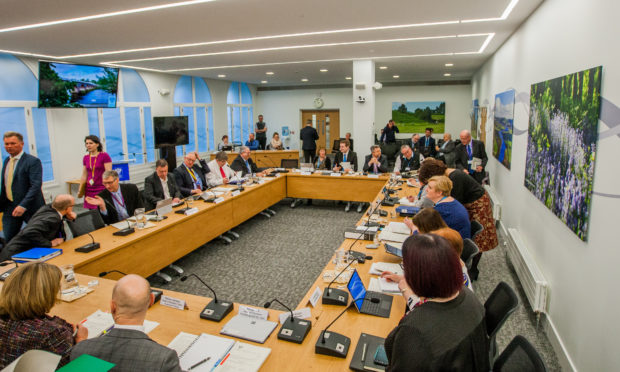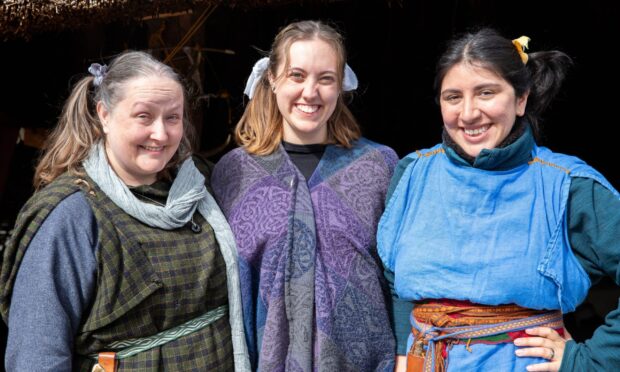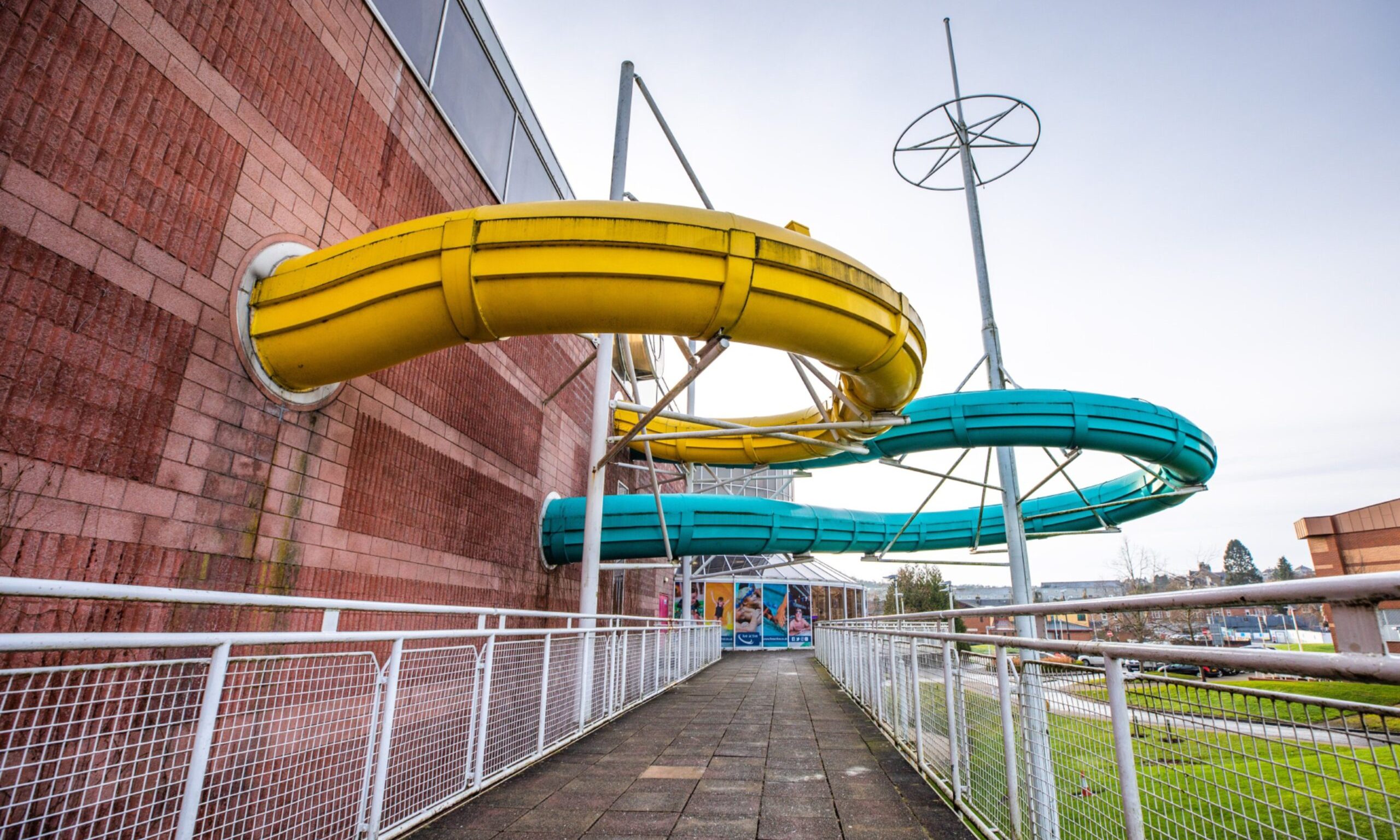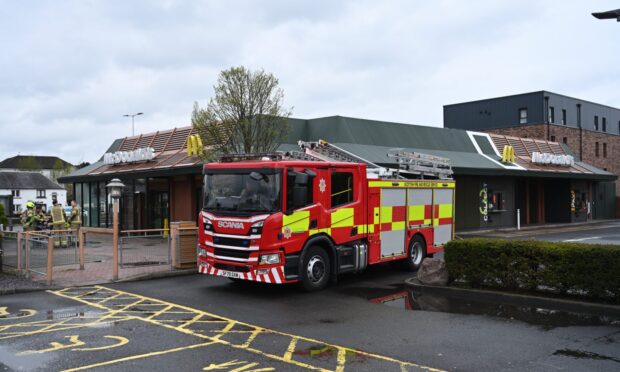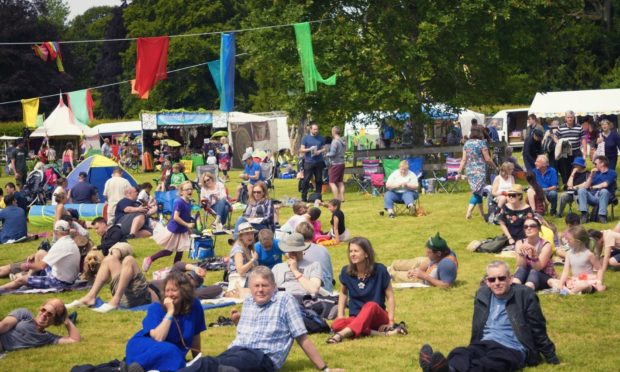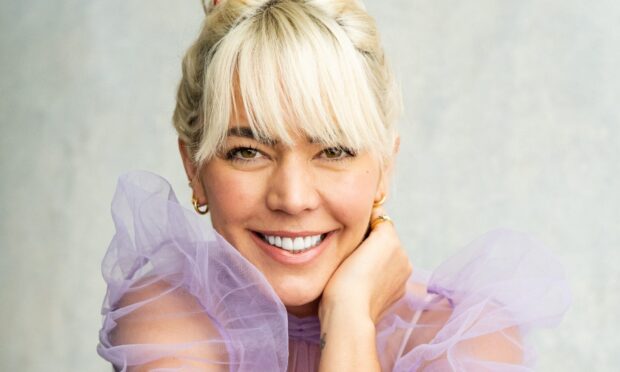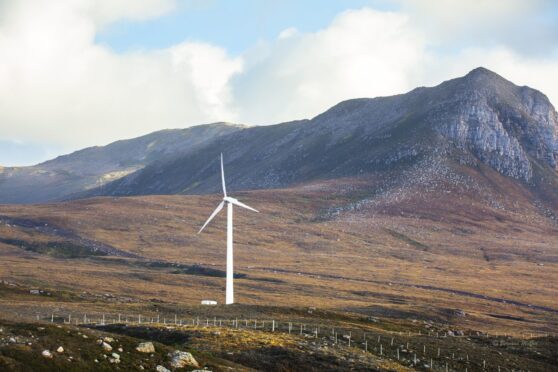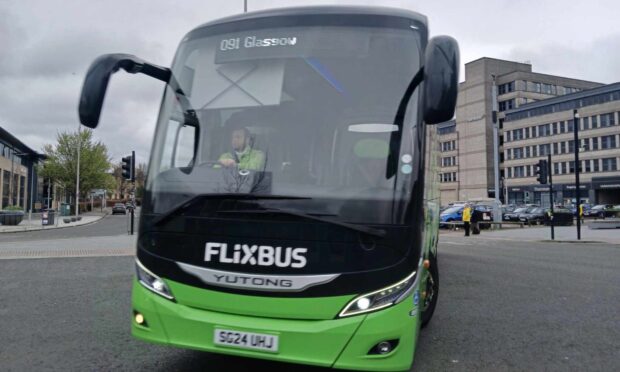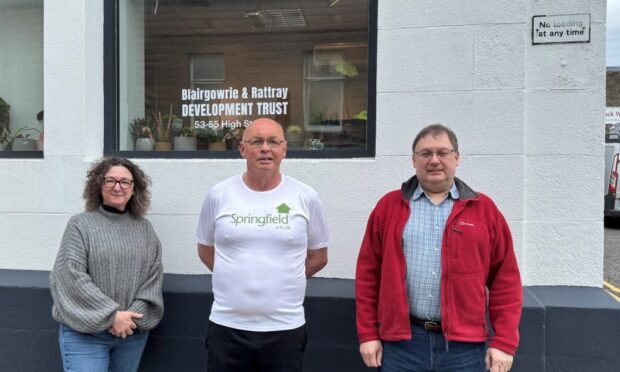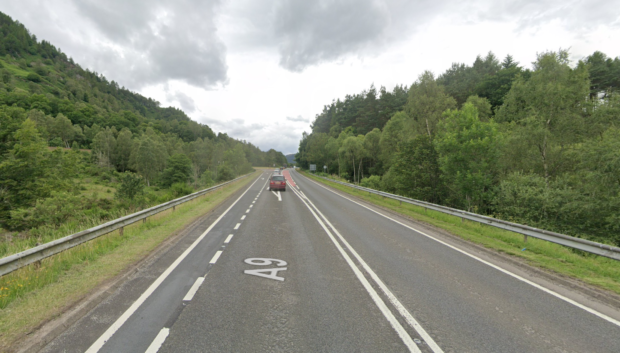Perth and Kinross Council has become the first authority in Scotland to withdraw voting rights from church representatives sitting on education committees.
It follows a highly contentious decision to close a Kinross-shire primary school last month which was swung by the votes of two unelected members of the Lifelong Learning Committee.
On Wednesday morning, councillors voted in favour of a motion by Independent Xander McDade to amend council regulations so from May 1, only elected committee members can vote.
Now the Humanist Society Scotland is urging all other council across the country to follow suit.
The charity has called on the Convention of Scottish Local Authorities (COSLA) to “urgently” review the status and power given to religious representatives.
The councillors’ voted 21 to 19 against an alternative, wider review of council standing orders, thanks to a swing by two rebel Tory councillors.
Mr McDade explained his motion was not directly based on the decision made at the Lifelong Learning Committee, but rather a statement issued to The Courier by the Scottish Government shortly after.
It clarified that while councils were required to appoint religious representatives on education committees, their voting rights were “a matter for each local authority”.
Mr McDade said: “This is quite simply a matter of democracy.
“It is my fundamental belief that no one who is unaccountable to the electorate should be able to vote on public policy.”
The motion was challenged by an amendment by Lifelong Learning convener, Conservative councillor Caroline Shiers.
She suggested a decision on religious representatives’ voting rights should be decided as part of a wider review of the council’s scheme of administration and standing orders.
Conservative councillor Angus Forbes described Mr McDade’s motion as a “knee jerk reaction”, while the SNP’s Fiona Sarwar said further review would be like “kicking the issue into the long grass”.
Councillors Callum Purves and Colin Stewart were the only two Tories who voted for Mr McDade’s motion.
Humanist Society Scotland’s campaign manager Fraser Sutherland welcomed the move. “It is clear that important decisions relating to education should be done on a democratic basis by people who can be held to account by the electorate,” he said. “There is, of course, nothing to stop faith groups participating in discussions relating to local education in the same manner as any other interested local community group.”
Last night, a Church of Scotland spokesman said: “Across the Church our representatives hold a variety of positions with regard to voting, with many choosing to abstain.
“Our experienced reps are encouraged to use their role to listen and engage in ways which benefit the community.”
He added: “We see this as an essential part of a mature democracy.
“We will encourage our reps to continue to engage in this important and vital part of community life and do all that they can to ensure that Scotland is a place where young people can have the best possible start to life and where all people, regardless of their backgrounds, can flourish.”
The row over voting rights exploded over the decision to close Blairingone Primary School. Elected members voted seven to six to keep the school open, but the vote swung towards closure by two religious representatives.
The decision was widely criticised by parents and community councillors.
